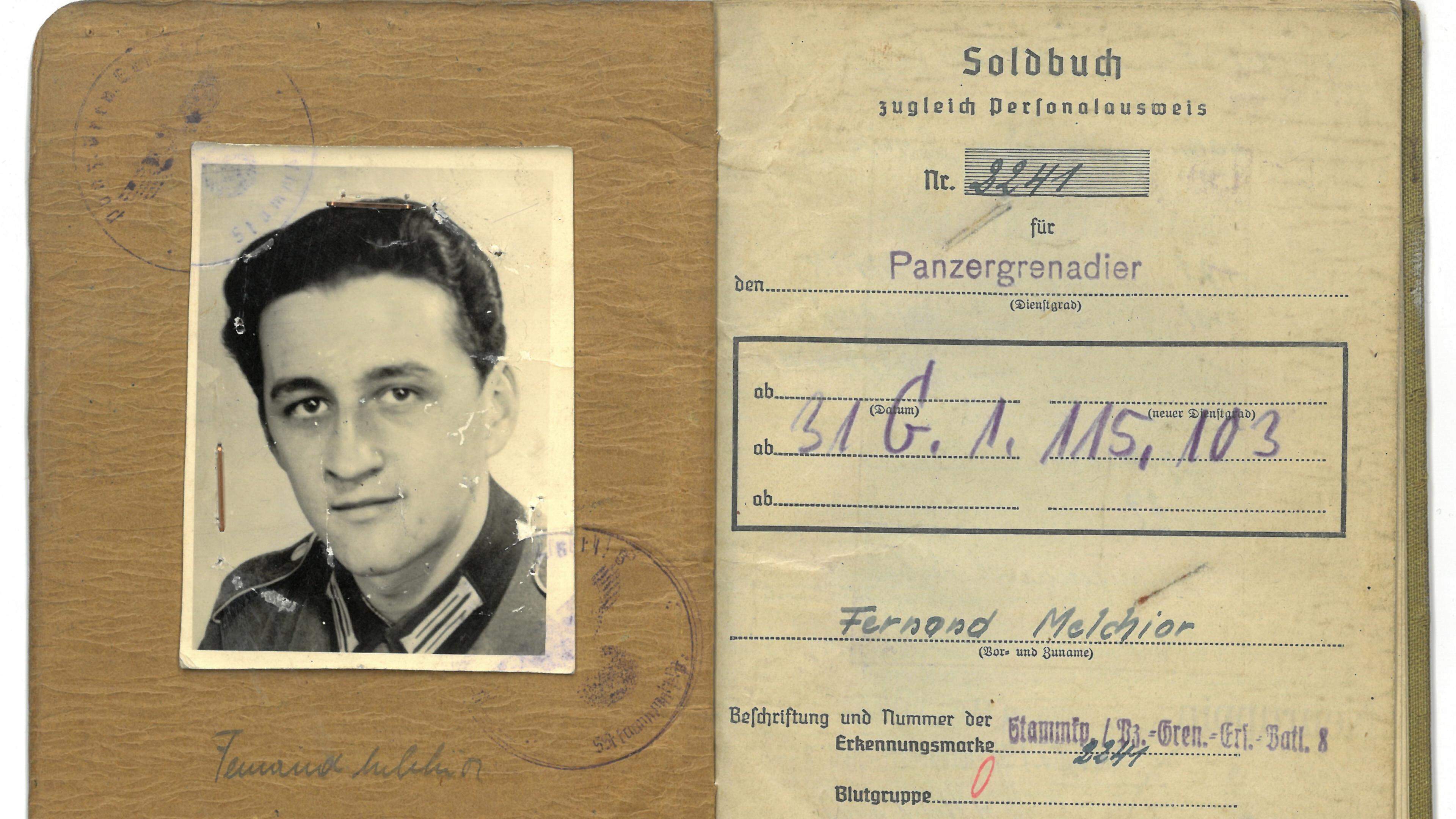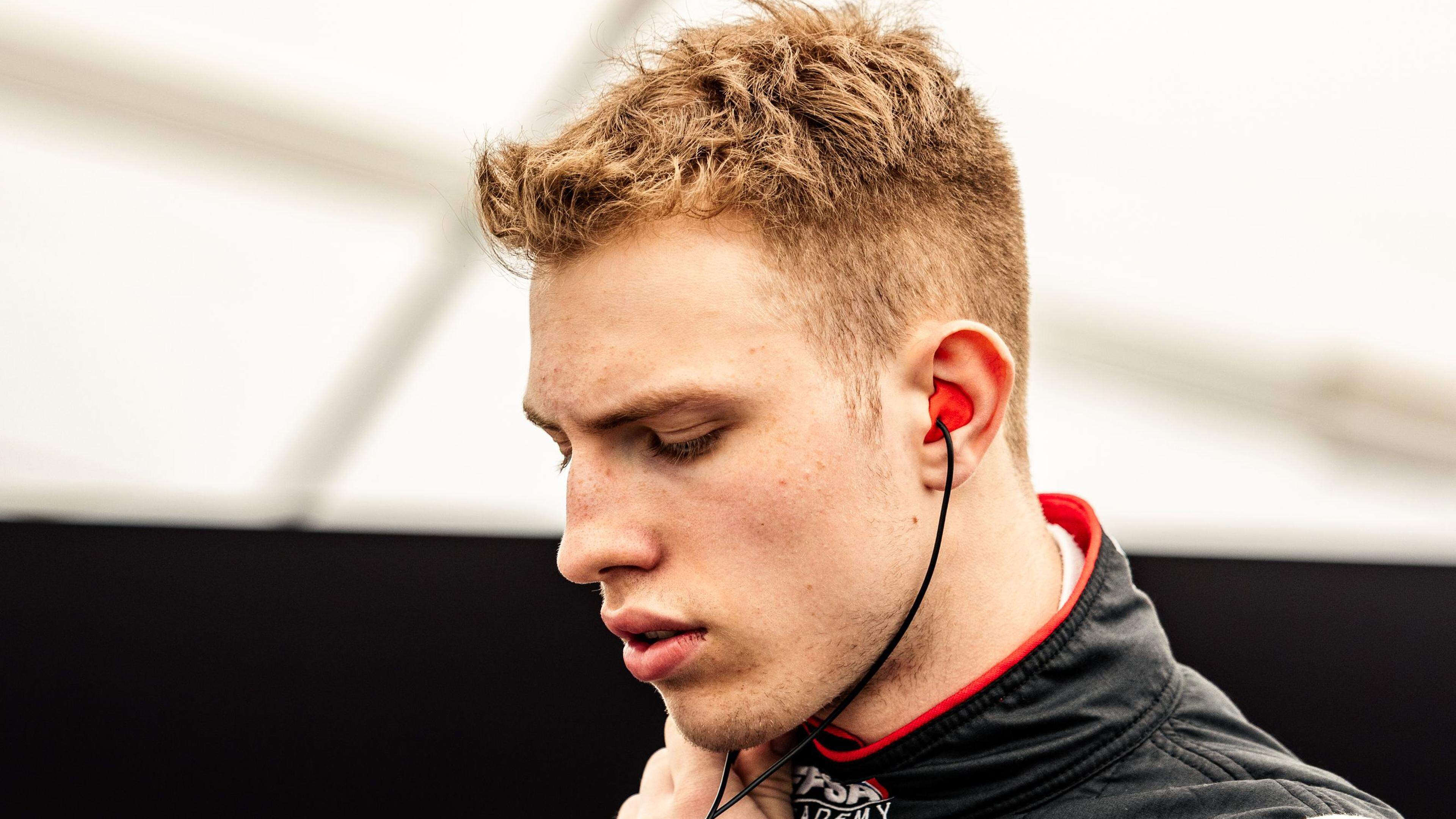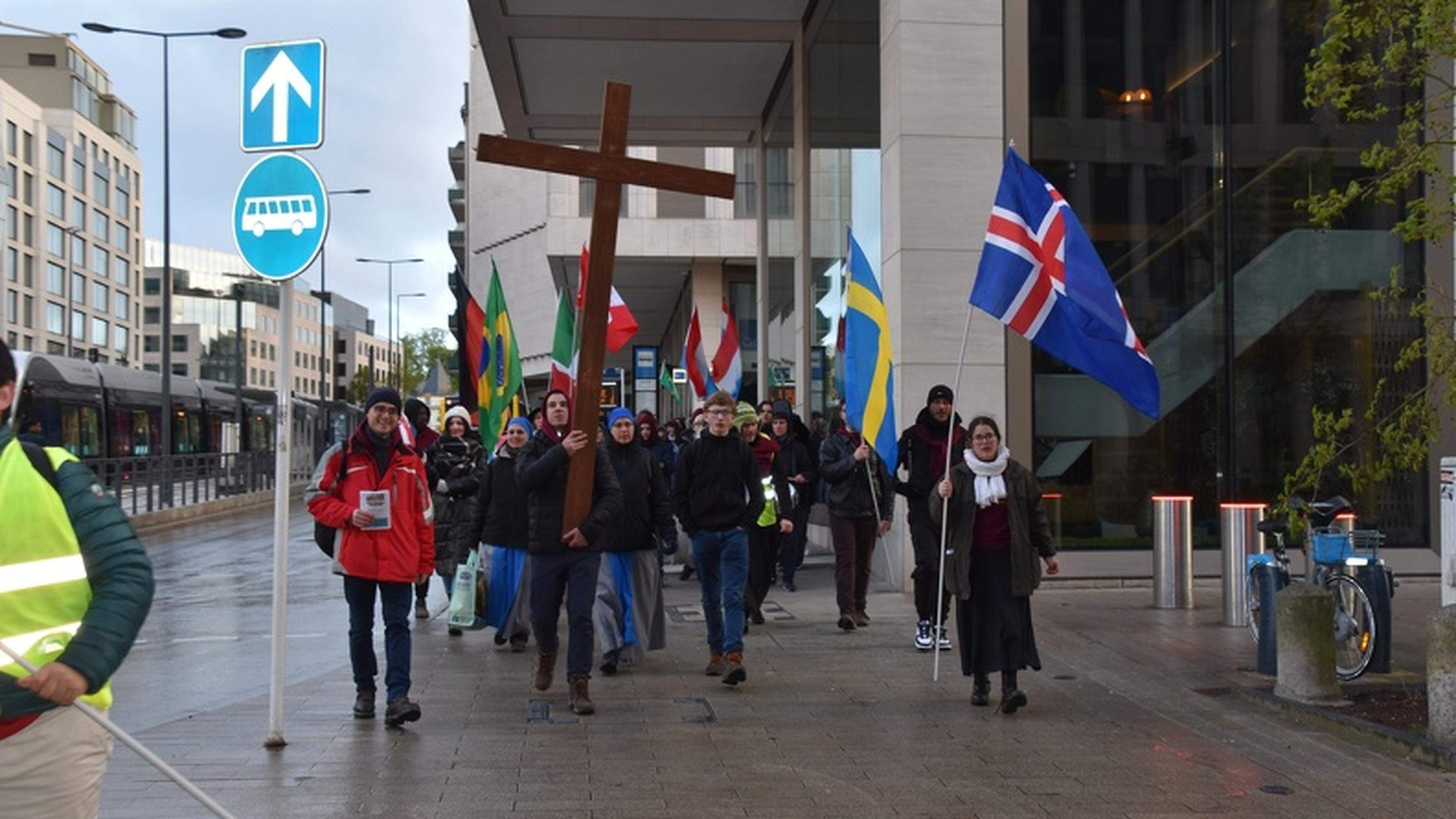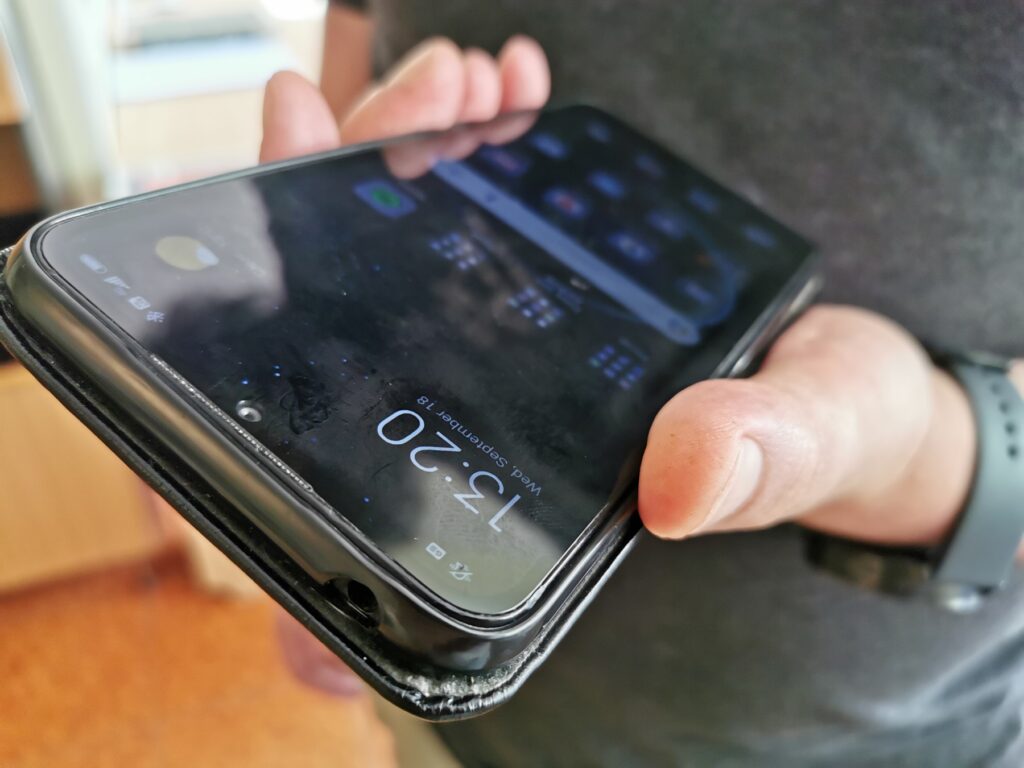« Homophobic people actually just ask for help »
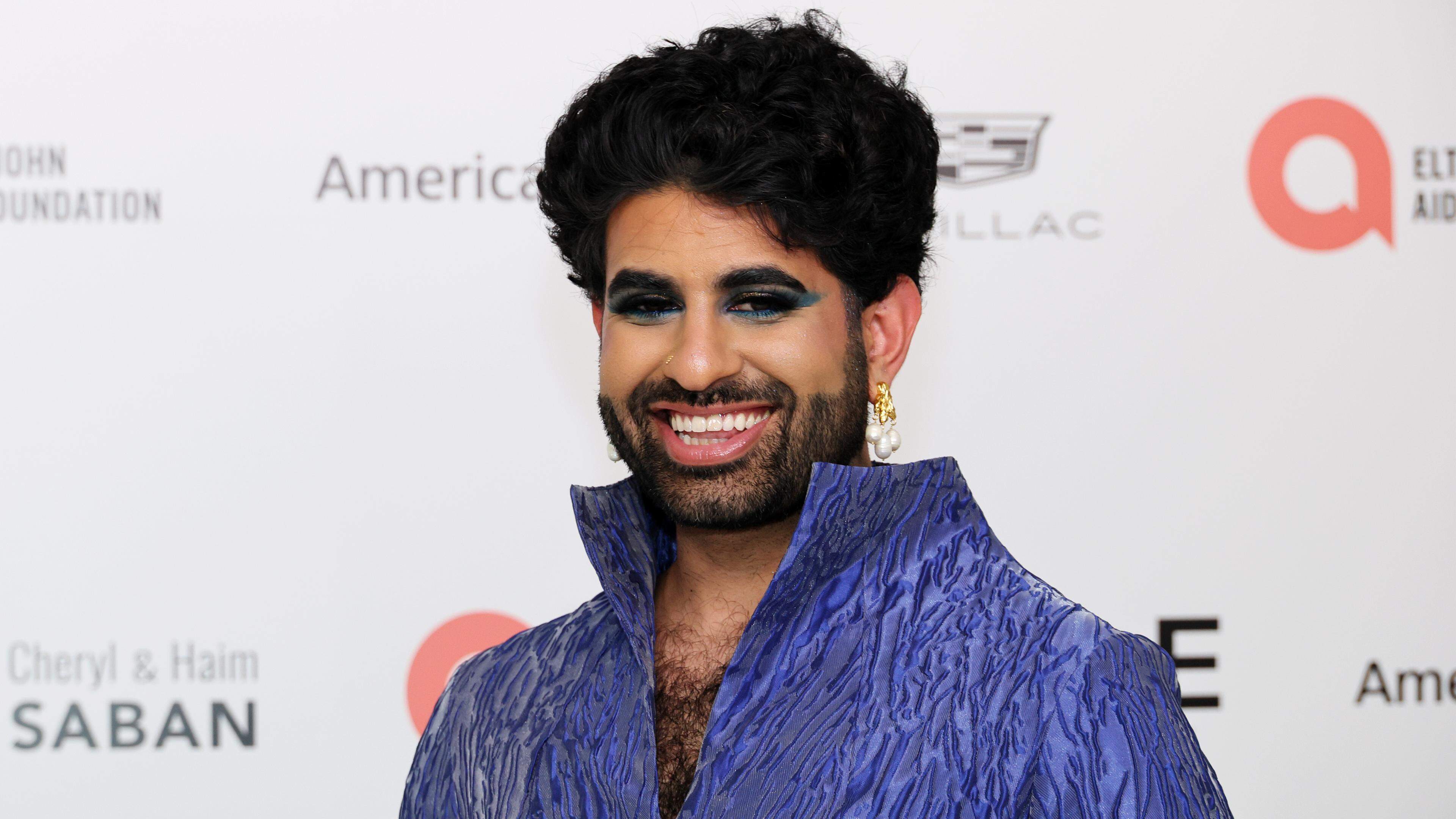
All good things are three: Only at the third and last attempt came a telephone interview with Alok this week. The performance artist, which uses the pronoun « they » in English and when asked whether you are defending yourself as a non -bobbon or transfeminine, with a « it all fits » is currently on a European tour. The program includes the (queer) political comedy program « Hairy Situation »; This Sunday, May 11th, also in the studio in Luxembourg city.
It remains unclear whether Alok forgotten space and time while celebrating in Berlin and therefore did not find its way to the phone: the conversation was not about parties, but the situation of queer people, especially in Alok’s homeland, the USA.
Alok, I first asked her about her self -definition. Does it sometimes bother you that everyone demands a classification?
That is why I have probably become an artist: I have to tell my story, and it takes a lot more than just words or my appearance. I have always had the impression that people try to classify me according to my appearance, but we are much more complex than the exterior suggests. I therefore use the appearances to create a more precise picture of my person with stories from my life.
2025 does not seem to be a good year for the LGBTQ community, especially in the United States. Do you still feel safe there?
It looks bad for us; You can literally feel fear. The US government has created a structure that allows people to target us. Our rights are not only hollowed out, no, also the violence and attempts at intimidation are increasing.
You have increased the feeling of having to hide or avoid public spaces. As a child I thought it would get better if I was older. But now it feels like it is even worse than before. And unfortunately I have the feeling that all of this is worn all over the world.
It is really important to me to be there for my community, to support them and show strength together.
Who was actually the first person to have entrusted themselves with their feeling that they did not fit into this strict gender grid?
That was a stranger, online, in a web forum. (laughs) I first built up a virtual community before I had one in real life. The first people were my friends live in the high school.
And how did your friends react?
They noticed it beforehand, I thought I could surprise them. (laughs) I thought I could better adjust myself. Actually, they only waited for me to tell them.
You outed 15 or 20 years ago. Is it easier or more difficult to reveal yourself to someone?
In the past, nobody really knew who or what we were. Maybe someone pulled up an eyebrow, nothing more. Now that everyone knows what it is about, we have become a target. And in the past there were no these laws that have targeted us, there were no hundreds of millions of euros in campaigns that spread panic. But I don’t want to say that everything is worse than before. The LGBTQ movement has gained massive growth. Perhaps all of this is now just a counter reaction to the success we have.
Doesn’t your hometown of New York feel a little like a bladder in which everything is possible?
That’s correct. New York is our rescue. The only problem is that even people in New York feel encouraged to reactions and therefore increased the number of harassment on the street. Fear of such progressive cities is also greater.
If you are visible queer, you will be confronted with criticism every day. This offers many opportunities to build up a protective wall around them.
Doesn’t these many negative headlines gave up the desire to turn its back on the USA?
Yes, many advised me to do that. And it’s so nice to be on tour in Europe … but no, I won’t do that.
Why not?
It is really important to me to be there for my community, to support them and show strength together. And one of the advantages of growing up in a place like Texas is that I had a really difficult childhood in which people did not accept me. I am basically used to it. I will soon go on tour in the south and middle west. Some forget yes when they hear from such places that there are also queer people there.
They are currently touring Europe: Berlin, Zurich, Madrid and also Luxembourg. How do you feel here? Freier? Carefree?
It’s really incredible here, I love the cities in which I was. I enjoy it on the one hand, I’m happy. But I am still nervous, because time is not always linear, but sometimes cyclical. And I think to myself: how long will it go on until the freedom is taken here too? Will there also be a headwind here?
Criticism and hatred on the net are almost everyday for them. How did you learn to deal with it.
If you are visible queer, you will be confronted with criticism every day. This offers many opportunities to build up a protective wall around them. I also wondered why people are so obsessed with me, why don’t they leave me alone? And then I realized that it has to do with their own uncertainties and not with me.
I realized that all of this didn’t hurt me because these people don’t know who I am. I feel compassion for these people, because it has to feel really bad to worry about others. It is obvious that these people are afraid to deal with their own lives. For me, prejudices only mean that someone runs away from their own problems. In my eyes, many people who are homo- or transHoB actually only ask for help.
Why a fight against sexual studies is run
To person
Alok-actually Alok Vaid-Menon-was born on July 1, 1991 in College Station (Texas) and studied gender studies and sociology in Stanford. Since the early 2010s, Alok has been an author, performance artist and model, has also made a name for people who define themselves as a trans or non-binary.

